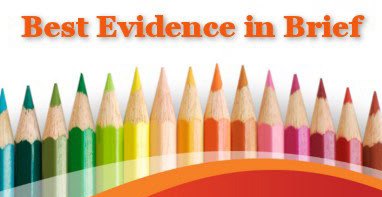There is a growing body of evidence indicating that students benefit from being in classrooms with demographically similar teachers. A recent EdWorkingPaper, authored by Christopher Cleveland and Ethan Scherer, explored the impacts of teacher-student demographic matching on student academic and behavioral outcomes. The study utilized a comprehensive dataset combining student-level survey responses and state administrative records for 5th-8th-grade students in Boston’s public charter middle schools from 2015 to 2019. Survey data on social-emotional development were collected, along with administrative records including enrollment, attendance, suspensions, and standardized test scores. The research also included teacher data, linking students to teachers based on demographics, and explored the proportion of teachers matching student demographics. The student sample consisted predominantly of Black students (47%), with a high percentage receiving free- or reduced-price lunch (67%). The teacher sample was mostly White (69%) and female (72%).
The research found improvements in social-emotional self-reported measures, particularly in grit and interpersonal self-management, with Black female students driving these positive effects. In terms of academic and behavioral outcomes, limited or negative effects were observed for standardized test scores when matching solely on race, but there was a significant positive effect for Black females taught by Black male teachers. Matching on race and gender significantly reduced absences, especially for Black students. Behavioral and test score effects were larger in the full administrative data sample, indicating that students who struggled more academically benefitted more from teacher matching. Overall, the results suggested a potential link between teacher-student matching, student connectedness, and improved academic and behavioral outcomes during middle school. The research contributes to understanding the broader impact of teacher-student demographic matching on various student outcomes, emphasizing the importance of continued efforts to diversify the teacher workforce.

